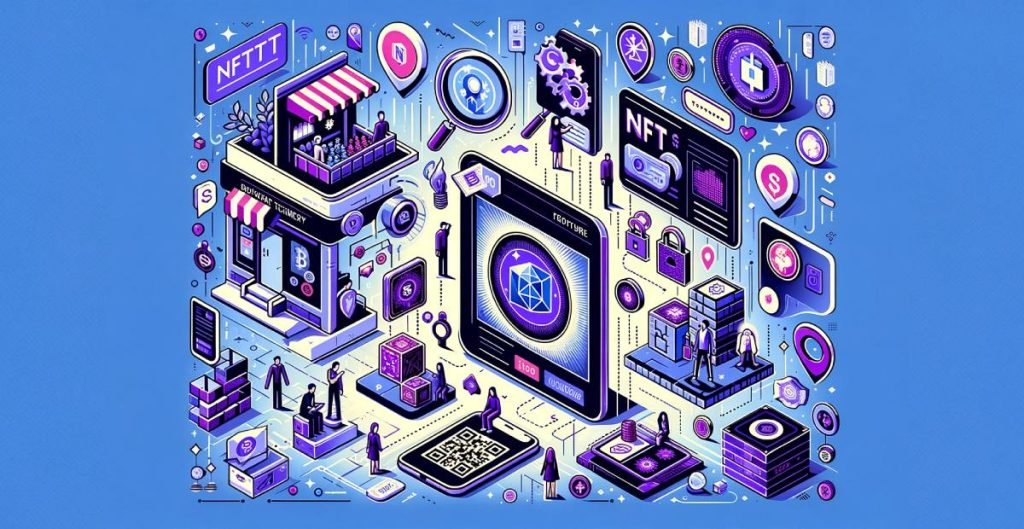E-commerce, owing to the ever-changing technology, has transformed the way we buy and sell commodities in the 21st century. Never in history, it has been so powerful, yet simpler than today. E-commerce has made it easier for anyone to set up an online shop and sell products or personalized services. Be it flexibility, better user experience, faster delivery, competitive pricing, or affordable advertising and market costs, e-commerce is the most preferred way of doing business and the fastest growing channel. Euromonitor International estimates the global e-commerce market will expand further by $1 trillion by 2025.
However, in this day and age, the way we do e-commerce is slightly broken. For instance, most of us have had at least once experienced a situation where due to some reason or the other we had to get an item exchanged but, faced difficulty or found the process tricky. This is because an increasing number of retailers have become extremely stringent with their exchange policies due to the rising cases of return fraud. Similarly, in dealing with the ownership and sale of second-hand products, things start to become complicated. And this is where non-fungible tokens (NFTs) come into the picture.
What are NFTs?
NFTs are unique blockchain-based digital assets that represent a vast number of commodities ranging from artwork to real estate. It provides owners with a way to trade digital objects using digital currencies after showing authenticity and ownership of each product or service sold.
Ever since the beginning of this technology, businesses, individual retailers, celebrities, and artists are selling their offerings directly to the buyer without the need for any intermediaries who typically control all distribution and promotion-related activities and take their cut. However, NFTs also create a new window and could have some very interesting applications in mainstream commerce.
How can NFTs be used in e-commerce?
Many businesses have not only adapted NFTs but, have also embraced this technological change as an opportunity to innovate and differentiate themselves from their competition. Here’s how NFTs will prove their worth in the e-commerce market:
Streamline digital sales: As NFTs use blockchain, a shared database or ledger, to confirm ownership and authenticity, it will help in streamlining digital sales and enable buyers to see information such as: how much an item was previously sold for, who has owned it, and all dates associated with its sale history. This will eliminate the risk of fraud and lead to a more transparent commerce system. From the name of the brand, model, colour, and type to shipping, custom control checks, and courier information, NFTs will make users obtain a complete breakdown of the supply chain history of the product they have purchased using tamper proof labelling such as QR codes and NFC smart labels. The model could also support a more equitable profit-sharing system, particularly for emerging brands that are looking to establish themselves in e-commerce.
Profitability and satisfaction: By merging NFTs and the hybrid model of shopping, merchants can expand their products catalogue to increase their profit margin. In today’s marketplace where there is tough competition between similar products, attaching NFT with its physical form can help the product stand out from the rest of the competition. It gives an upper hand when two different products compete that have similar quality. Merchants can also make consumers feel instant gratification by offering consumers immediate ownership of these products even if they have to wait for the tangible product to be delivered.
Metaverse: Metaverse is a new digital world that helps you build social connections virtually. It is a collaborative, computer-generated environment where users can have a second life. In the metaverse, virtual avatars can get wearable NFTs of physical products that they have in real life and boost the profit margins of businesses.
Individuals and businesses have already started buying virtual lands on the metaverse by paying millions of dollars. They believe that after everyone has completely embraced this virtual world, their virtual assets will be used to promote products and services. Experts believe that as our lives are bound to spill over to the metaverse it is the future of our existence.
The bottom line: The NFT model is gaining traction and more people are becoming aware of its potential. As per a report released by the consulting and global research firm Verified Market Research, the overall value of the NFT market is expected to rise to $231 billion by 2030. This indicates that in the current scheme of things, though NFTs have a long way to go before offering a wide range of purchases, it is an idea whose time has come. It is the future and is set to reveal its true potential to the world.
